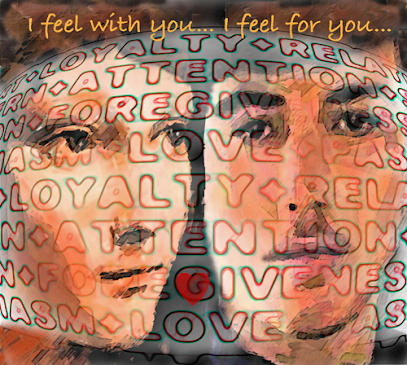Confessions of a Bibliophile in the Twilight of Literacy
The Enduring Value of Books in a Digital Age
As a former politician, I embrace the label of "bibliophile" without shame. My lifelong passion for books began in childhood, sparked by adventure stories and local histories, and it was a passion that not even rock 'n' roll could diminish. My father, believing in the importance of understanding all perspectives, introduced me to seminal works like The Communist Manifesto and biographies of complex historical figures. This foundation grew into a diverse personal library, spanning from political philosophy and history to classic literature and poetry. This love for reading, instilled by my educator parents, became a core part of my identity, shaping my understanding of the world through the written word.
This deep appreciation for books naturally extended into a form of social currency and connection. Throughout my career, I transformed my offices into lending libraries, sharing my collection with colleagues. The act of giving, receiving, and discussing books became a powerful way to build relationships. I still treasure the inscribed copies of books gifted to me by political colleagues from both sides of the aisle, seeing them as symbols of mutual respect and shared intellectual curiosity. Exchanging books with friends remains one of life’s simplest yet most profound pleasures, a tangible way to share ideas and experiences.
However, we are now in a precarious era for book lovers, a time when the very value of deep reading is in question. This concern was starkly illustrated by a recent incident where the Chicago Sun-Times, relying on AI, published a summer reading list featuring fabricated books. A freelance writer, likely pressed for time, failed to verify the AI’s output, leading to an embarrassing retraction. While a simple mistake, this event is a symptom of a much larger cultural shift. It points to a world where a journalist might not have a wealth of literary knowledge readily available, instead turning to technology for what should be a matter of expertise and passion.
This erosion of literary culture is reflected in alarming educational trends. In my home state of Michigan, for example, third-grade literacy rates have been steadily declining for years, a crisis that threatens to create a generation of citizens who are intellectually disadvantaged for life. While many factors contribute to this decline, it is clear that our society increasingly favors passive content consumption—like streaming and podcasts—over the active, reflective engagement that reading requires. Even digital innovations like e-readers and audiobooks feel less like a modern evolution of reading and more like a delay of the inevitable decline of books as essential cultural objects.
The consequences of this trend are dire, extending far beyond personal enrichment. A free and functional republic depends on a citizenry capable of critical thinking, deliberation, and understanding complex issues—skills that are honed through reading. When a society loses its ability or desire to engage with the written word, it loses the intellectual foundation required for self-government. The steady decline in literacy is not merely an educational issue; it is a direct threat to the sustainability of our democratic institutions, potentially leaving us unable to navigate the tensions between liberty and tyranny.
WORDS TO BE NOTED-
1. Bibliophile
-
Meaning: A person who loves or collects books.
2. Seminal
-
Meaning: Strongly influencing later developments; highly original and important.
3. Tangible
-
Meaning: Real and able to be touched or felt; having a physical form.
4. Precarious
-
Meaning: Not securely held in position; dangerously likely to fall or collapse; uncertain.
5. Fabricated
-
Meaning: Invented or made up in order to deceive.
6. Erosion
-
Meaning: The gradual destruction or wearing away of something.
7. Dire
-
Meaning: Extremely serious, urgent, or terrible.
8. Deliberation
Meaning: Long and careful consideration or discussion.
He points to a recent news story where a newspaper used AI and accidentally recommended fake books, showing a growing disconnection from literature. This trend is also seen in declining reading skills among children, as society now prefers passive entertainment like streaming shows over active reading.
The author warns that this is a serious problem. A society that doesn't read loses the ability to think critically, which is essential for a healthy democracy. He believes the decline in literacy is not just a cultural loss but a direct threat to our future self-government.
SOURCE- THE CHRONICLES MAGAZINE
WORDS-COUNT - 500
FLESCH-KINCAID- 15




Comments
Post a Comment